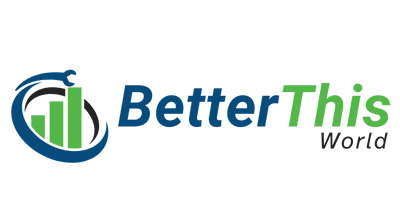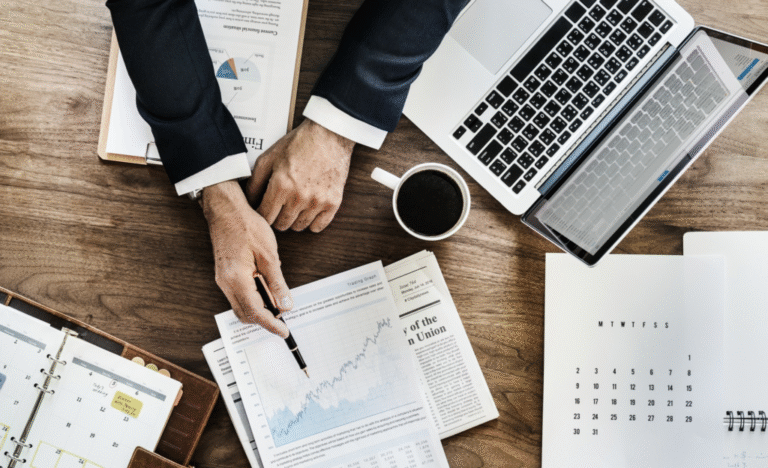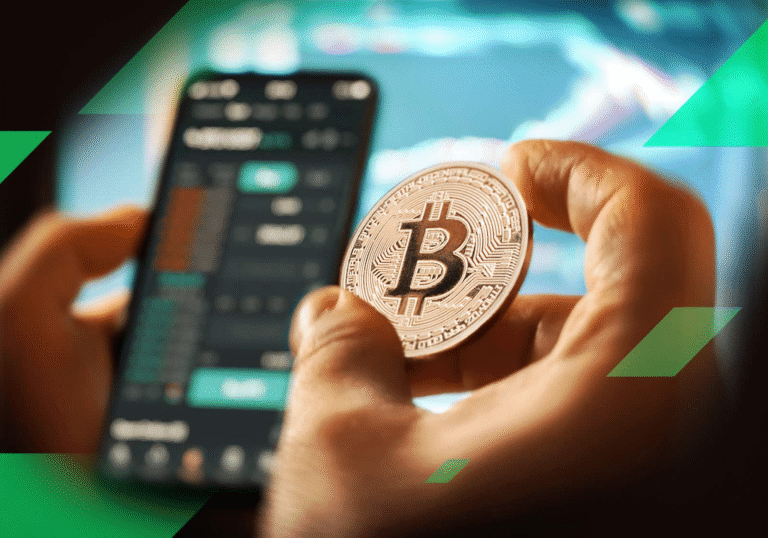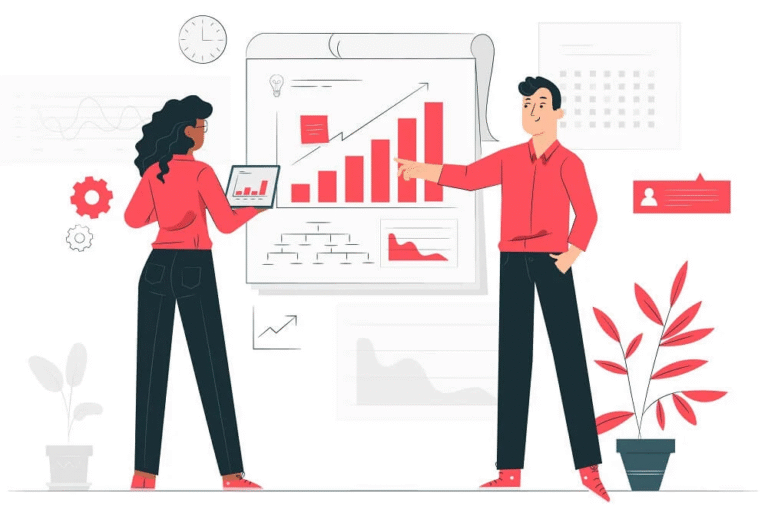How Blockchain Technology is Used Outside of Crypto
When most people hear the word “blockchain,” they immediately think of Bitcoin or other cryptocurrencies. That’s understandable—blockchain first rose to fame as the technology behind digital coins. But over the past few years, something interesting has been happening. Blockchain has been stepping out of the crypto shadow and is now being used in many different industries, from healthcare to real estate.
So, how exactly is blockchain being used outside of crypto? Let’s explore.
What is Blockchain, Really?
Before we dive into real-world uses, let’s make sure we’re all on the same page.
Blockchain is a decentralized digital ledger. Think of it like a notebook where every transaction or record is written down in order, and no one can erase or change it once it’s written. Every entry (or “block”) is connected to the one before it, forming a “chain” of blocks. Because many computers (called nodes) have a copy of this notebook, it’s very hard for anyone to tamper with it.
Supply Chain Management
Blockchain is changing the way companies track goods as they move from manufacturer to store shelf.
Let’s take food as an example. Imagine a shipment of mangoes from a farm in Mexico to a grocery store in the U.S. Normally, tracing where the fruit came from and how it got there can be messy. But with blockchain, every step of the journey—harvest, packing, shipping, customs, delivery—can be logged into a secure, transparent ledger.
If a foodborne illness breaks out, it takes days to trace the source with traditional systems. With blockchain, it could take seconds, saving time, money, and even lives.
Companies like Walmart and IBM have already tested blockchain in their food supply chains.
Healthcare
In healthcare, data privacy and accuracy are critical. Blockchain helps ensure that medical records are secure, up-to-date, and easy to share (but only with permission).
For example, let’s say you visit a new doctor while traveling. Instead of faxing your records or relying on memory, your complete medical history could be available through a blockchain system, encrypted and only accessible by authorized professionals.
Also, blockchain is being used to verify the authenticity of drugs, making it harder for fake medications to enter the supply chain. In countries where counterfeit drugs are a big problem, this is a game-changer.
Digital Identity Verification
We’ve all struggled with online verification—uploading ID photos, waiting for approvals, forgetting passwords. Blockchain can simplify this.
With blockchain, you could create a secure, digital identity that lives on the blockchain. It would contain proof of your age, nationality, education, and more—only visible to people or services you choose.
This is especially powerful in developing countries, where millions of people lack formal IDs and are excluded from banking, healthcare, and voting.
Voting Systems
Speaking of voting—blockchain could help make elections more transparent and trustworthy.
Traditional voting methods can be slow, costly, and vulnerable to fraud. Blockchain-based voting allows people to vote securely from their devices, and each vote is recorded in a way that can’t be changed or deleted.
Some small-scale blockchain voting has already happened—in countries like Estonia and Switzerland—and while it’s still a work in progress, the idea of a tamper-proof election system is exciting for many.
Real Estate and Land Records
Buying a home often involves piles of paperwork, slow processes, and the risk of fraud. Blockchain can simplify this by creating smart contracts—digital agreements that automatically carry out terms once conditions are met.
Imagine a house sale where once both parties agree, the blockchain triggers the payment, updates the land record, and finalizes the ownership—all in minutes instead of weeks.
In some places, like Sweden and Georgia, governments are testing blockchain for property records, making ownership more secure and easier to prove.
Art and Entertainment (NFTs)
You’ve probably heard of NFTs (non-fungible tokens), but they’re more than just digital art. They prove ownership and authenticity of any digital item, whether it’s art, music, or even virtual real estate in online games.
For example, musicians can use blockchain to sell music directly to fans, cutting out middlemen and ensuring they get paid fairly.
It’s a new way for creators to protect their work and connect with fans, all thanks to blockchain.
Energy Sector
Blockchain is helping people buy and sell renewable energy.
In some neighborhoods, homes with solar panels can generate extra electricity. Instead of selling it to the grid for a low price, they can sell it directly to their neighbors using a blockchain-based energy marketplace.
This creates a peer-to-peer energy network, which is more efficient and encourages clean energy use. Countries like Australia and Germany are leading the way in this area.
Insurance
Fraud is a huge problem in the insurance world. Blockchain helps by creating a clear, unchangeable history of claims and contracts. This can make the process faster, reduce paperwork, and lower the risk of fraud.
Smart contracts can also automate the payout process. For example, if your flight is delayed by 5 hours, the blockchain contract can automatically issue compensation without you even having to file a claim.
Final Thoughts
Blockchain started as the backbone of cryptocurrency, but it’s quickly becoming so much more. From healthcare to energy, from food safety to voting, this technology is opening up smarter, safer, and more transparent ways to work and live.
It’s not perfect, and it’s still developing, but one thing is clear: blockchain is not just about Bitcoin anymore.
FAQ
Is blockchain the same as Bitcoin?
No. Bitcoin is a cryptocurrency that uses blockchain technology. Blockchain is the underlying system that can be used for many things besides crypto.
Can blockchain really be trusted?
Yes. One of the main benefits of blockchain is its security and transparency. Once something is recorded on the blockchain, it’s very difficult to change or fake.
Is blockchain being used in real life or just theory?
Blockchain is already being used in many industries like healthcare, logistics, voting, and real estate. While it’s still evolving, many real-world projects are already showing success.
Do I need to know coding to use blockchain?
Not at all. Most end-users won’t even know they’re using blockchain—it will work behind the scenes. Developers and engineers building blockchain apps will need coding skills, but everyday users won’t.
What’s the future of blockchain?
The future looks bright. As the technology matures, we’ll likely see blockchain being used in more areas of daily life, especially where security, trust, and transparency are important.




